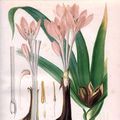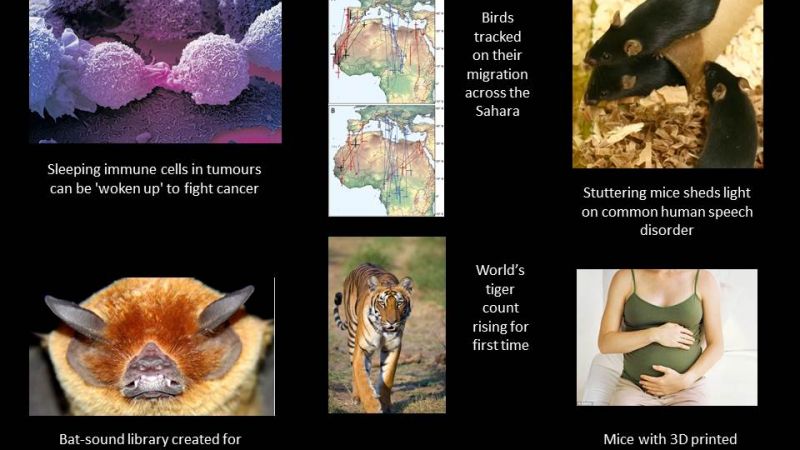Text to go here...
 A modified version of a chemical found in the Autumn crocus has shown exceptional promise as a tumour-killing agent in mice and will soon begin clinical trials in humans. The substance, colchicine, cuts off the blood supply to tumours, starving the cancer cells while leaving healthy tissue unharmed.
A modified version of a chemical found in the Autumn crocus has shown exceptional promise as a tumour-killing agent in mice and will soon begin clinical trials in humans. The substance, colchicine, cuts off the blood supply to tumours, starving the cancer cells while leaving healthy tissue unharmed.
Colchicine, is very toxic because of its ability to damage blood vessels causing them to collapse. But its destructive power can now be targeted specifically to tumours.
The researchers attached a second molecule to colchicine, making it harmless until it reached the tumour. Here it comes into contact with an enzyme (MPP) that is only found in tumours. MPP activates the colchicine, so that it becomes toxic to the tumour. Colchicine damages blood vessels in a process called haemorrhagic necrosis. This reduces or cuts off the blood supply to the tumour, reducing its size or leading to its complete destruction.
The MPP enzyme normally acts as ‘molecular scissors' that enable cancer cells to cut through connective tissue, allowing the tumour to grow. Because almost all tumours contain this enzyme the medicine could potentially treat a wide-range of cancers.
A single dose was tested in mice bred to develop four different types of human cancer. It was found to be highly effective; clearing tumours completely in half of the mice treated and reducing tumour size in all of them. None of the mice showed any signs of cardiovascular damage or weight loss following the treatment.
Last edited: 11 January 2022 14:52




